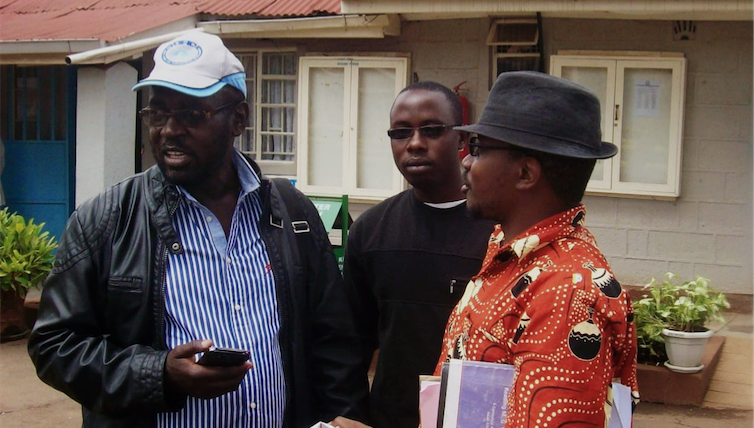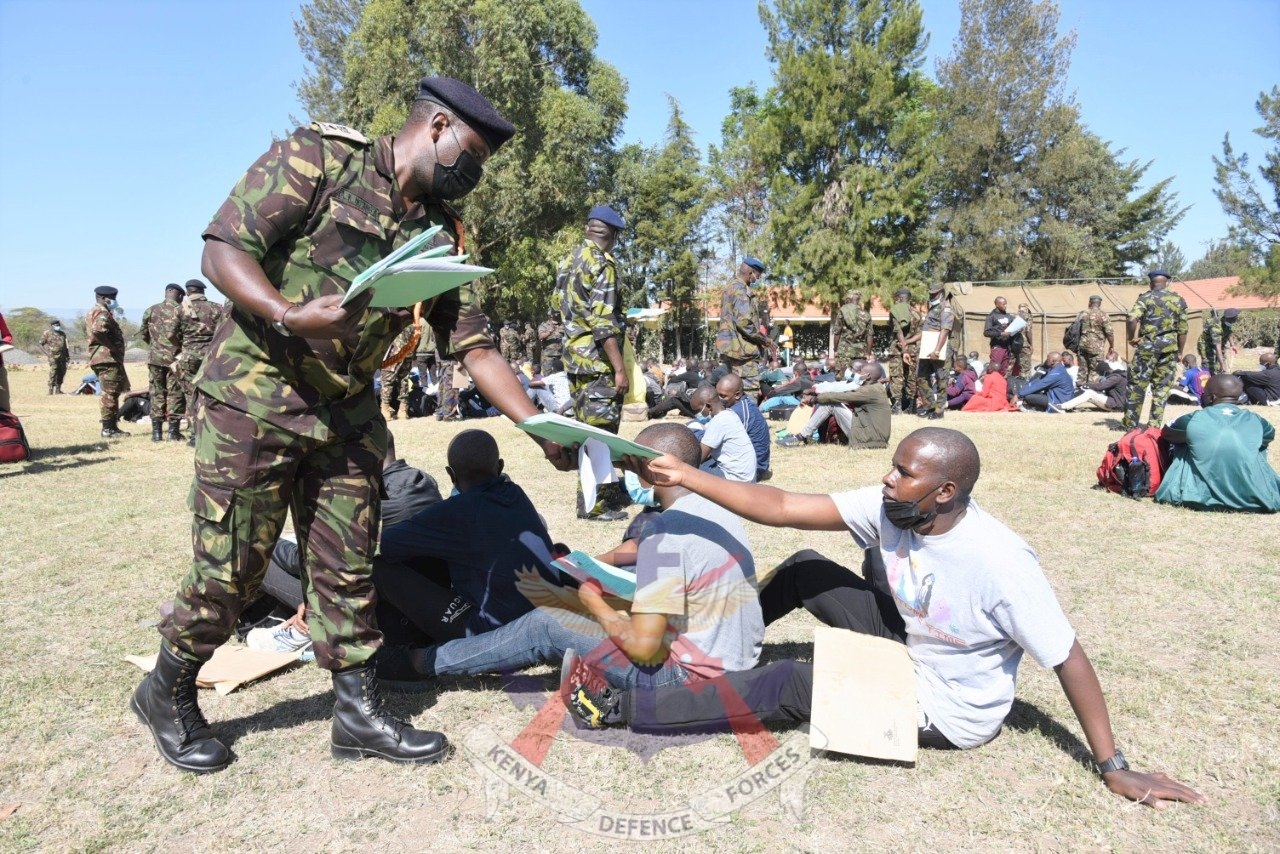
— Oliver Holmes Jr
My mentor, the late Prof Dr Oluoch Obura, was a luminary at Kenyatta University (KU), a man whose intellectual pursuits inspired many.
He dedicated his career to teaching, with a preference for postgraduate students. He took them through diverse terrains: Theatre Arts, Drama in Africa and Caribbean literature. He guided them into the depths of Stylistics and Practical Criticism. Yet his true passion lay in European Literature, which he considered the zenith of essays.
I can attest to this firsthand. More than two decades ago, Prof Obura took me through all these courses. In the last three years of his life, as his body withered under the weight of illness, we found solace in collaboration. I stepped in to teach his beloved classes when his health faltered, and he, ever the steward, would occasionally join us. Sometimes, he would log in from his hospital bed, slim plastic tubes connected to his body, clad in the dull uniform of the ward.
After his quiet observations, I would introduce him to the class: "We have the honour of being joined by your main teacher, my teacher, too. Prof, can you unmute and share with us?"
His voice, faint and
faltering, would affirm key points, offer a few congratulations and remind us
of the singular duty of an African academic: to seek knowledge that uplifts, leading
to an intellectual renaissance.
Prof Obura was a consummate connoisseur of European literature, a discipline he approached with reverence and zest. His interest spanned four nations.
In Russia, he admired Stanislavski’s theatre tricks, Gogol’s haunting narratives and Solzhenitsyn’s courageous works. He held a special place for the lady of acumenism, Anna Akhmatova, whose poetry stirred his soul like sunshine stirs the iris of an old man basking somewhere in Kenya. He often said that understanding her verses was an antidote to apathy.
France brought him to the volcanic plays of Sartre and the delicate prose of Flaubert. To him, Madame Bovary was an invitation to awaken those numbed by mundanity. Germany intrigued him with Brecht’s revolutionary theatre and the poetry of Rainer Rilke. It was through one of Rilke’s most famous verses that Prof Obura helped me understand the moral dilemma of zoos. He considered them symbols of imperialism, cages for the freedom of others, much like colonial exploitation.
But it was England that truly made his eyes sparkle. For curious Obura, freedom was essential, and in DH Lawrence’s Sons and Lovers, he found an enduring theme of liberation through love.
Controversy followed Lawrence’s works, and Prof relished it. While drafting the course outline for ALT 816 for him, reclined on his massive office seat, he insisted on featuring two works by Lawrence for every other nation’s contribution. To him, Lawrence was a stimulus to thinking beyond horizons of aesthetics and morality.
"Find out why
Lawrence was banned in polite European society," he would challenge his
students, his face alight with mischief.
Prof Obura’s life was
a sweet harmony of intellect, controversy and a quest for peace, one born of philosophical
inquiry. He was no ordinary man.
I recall one
particular day at the verdant university cafeteria. As he ate his usual meal of
yellow mashed potatoes and beef stew, he plucked a pink hibiscus and placed it
beside his plate. He appeared restless, drinking four glasses of water in quick
succession. Then, to my astonishment, he dropped the pinkly hibiscus into the
water, letting it float.
Moments later, a white
woman with striking blue eyes entered the cafeteria. Prof immediately turned to
me and said with a flamboyant air of poesy,
"Mwalimu, take
that exquisite flower to her. Welcome her to KU on behalf of the VC, myself and
you. Use the language of Nietzsche."
I approached her as instructed, waiting for her to settle. When she finished her grace, I placed the flower in her hair, just above her left ear. Startled but amused, she muttered a Deutsch “thank you” in her accented German. Before leaving, I informed her that my master had waved at her, prompting her to return the gesture.
The encounter
transformed her brief music visit to Kenya. Prof and I took dainty her and her
son to local sites of curiosity, weaving stories, some real, some invented. We
trespassed into a fecund tea farm near St Paul’s University, capturing moments
of her and her son amidst the lush greenery.
When it was time for
her departure, we drove her family to the airport. As she bid farewell, she
slipped a drawing of a pink hibiscus into Prof Obura’s hand, stooping to kiss
his cheek. Her gratitude transcended language; it was an exchange of human
warmth that spoke volumes.
Prof Obura was a literary man of existential contradictions, a gadfly who prodded discerningly at conventionality yet sought philosophical peace. His lecture theatres were artistic arenas of intellectual liberation, his polymath mind a restless wanderer across the landscapes of art, criticism and deep thought.
Though Prof has left us, his legacy endures. His teachings, stories and lessons remain with those of us fortunate to have known him. I carry these memories, hoping one day to immortalise them on paper. Scholars are whispering in low tones about his death as others, who bolder are, have mooted the idea of a festschrift in his honour as a guru of theatre arts in Kenya. Whichever way the future takes, sagacious Oluoch will not be left to vanish silently into the void of time and memory. Jowi! Jowi! Jowi!












